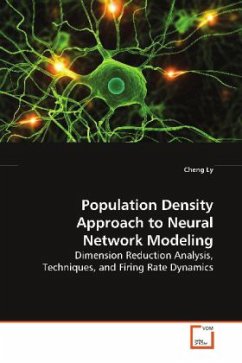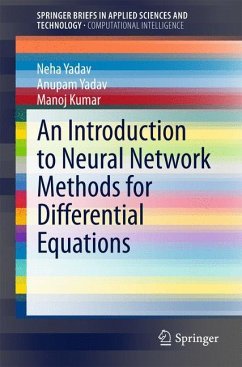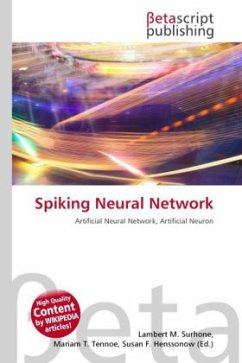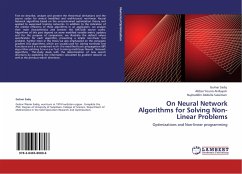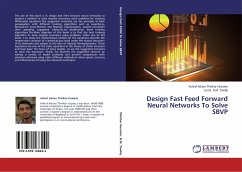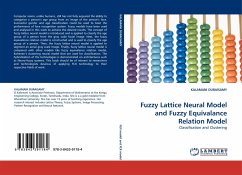Population Density Methods (PDM) have gained
prominence in recent
years in Theoretical Neuroscience as an analytical
and time-saving
computational tool. The method involves solving a
density equation
(aka, Fokker-Planck) instead of simulating many
individual neurons.
Simplifying assumptions of the underlying neuron
model are often
made so that the resulting PDM equations have low
dimension for
tractability. Thus, dimension reduction techniques
are vital for
physiological modeling. An introduction to PDM and
the relevant issues are discussed in Chapter 2. A
''moment closure''
dimension reduction technique is analyzed in Chapter
3. We show
the
equations are
ill-posed in the fluctuation-driven regime with
realistic parameters
despite several contrary reports in the literature.
The dimension
reduction
method is even worse for the more physiological
''theta'' model
(Chapter 4). A robust and accurate alternative
reduction technique
using a moving eigenvector basis is developed and
implemented in
Chapter 5. The stochastic firing rate dynamics of
various neural
models are analyzed in Chapter 6 with the tools we
have developed.
prominence in recent
years in Theoretical Neuroscience as an analytical
and time-saving
computational tool. The method involves solving a
density equation
(aka, Fokker-Planck) instead of simulating many
individual neurons.
Simplifying assumptions of the underlying neuron
model are often
made so that the resulting PDM equations have low
dimension for
tractability. Thus, dimension reduction techniques
are vital for
physiological modeling. An introduction to PDM and
the relevant issues are discussed in Chapter 2. A
''moment closure''
dimension reduction technique is analyzed in Chapter
3. We show
the
equations are
ill-posed in the fluctuation-driven regime with
realistic parameters
despite several contrary reports in the literature.
The dimension
reduction
method is even worse for the more physiological
''theta'' model
(Chapter 4). A robust and accurate alternative
reduction technique
using a moving eigenvector basis is developed and
implemented in
Chapter 5. The stochastic firing rate dynamics of
various neural
models are analyzed in Chapter 6 with the tools we
have developed.

